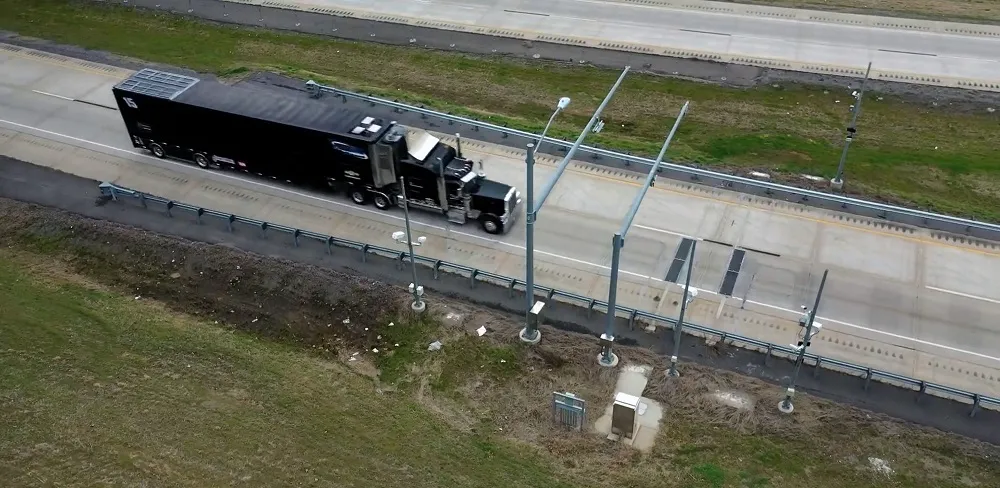Urbiotica, a maker of wireless sensing systems, says that the latest version of its parking sensor U-Spot has improved long range effectiveness.
April 5, 2016
Read time: 1 min

The U-Spot 2.0 Long Range’s new communication protocol U-Sense Long Range will have a great impact on distance design; up to four times the previous U-Spot version. This means greater system design flexibility, offering installation sites inaccessible before.
Also, energy harvesting innovations have extended the device’s useful lifetime by two years, to 12 years. The communications protocol has also been implemented in network devices U-Flag and U-Box.
Urbiotica says the commercial version of U-Spot Long Range will be available from September.










